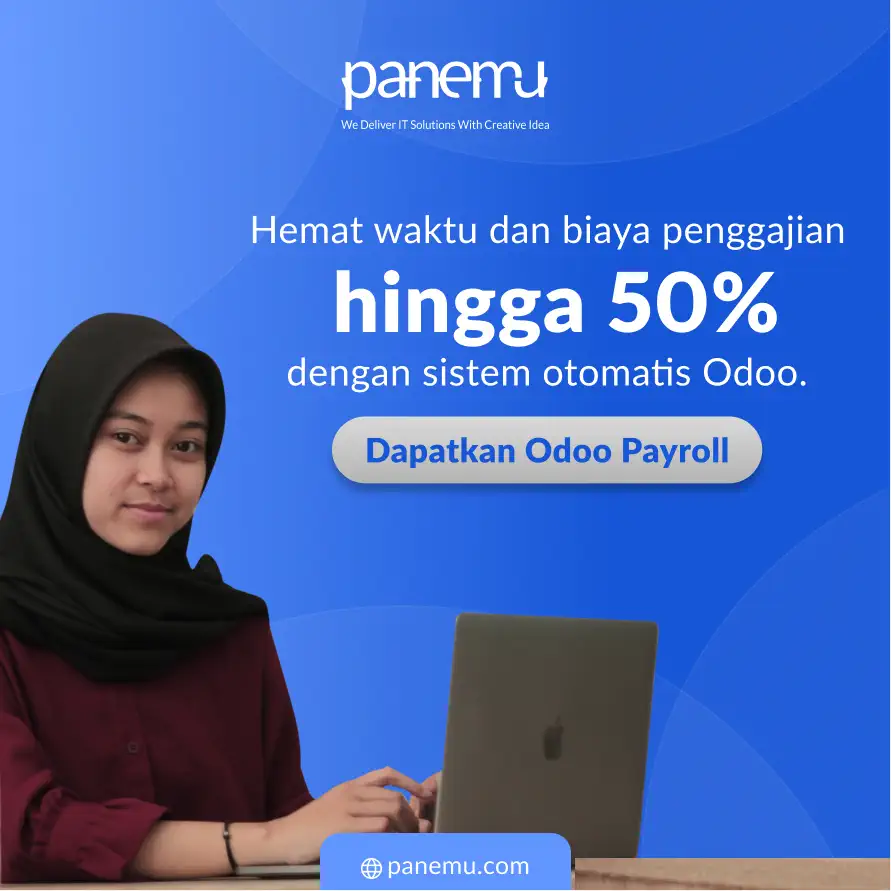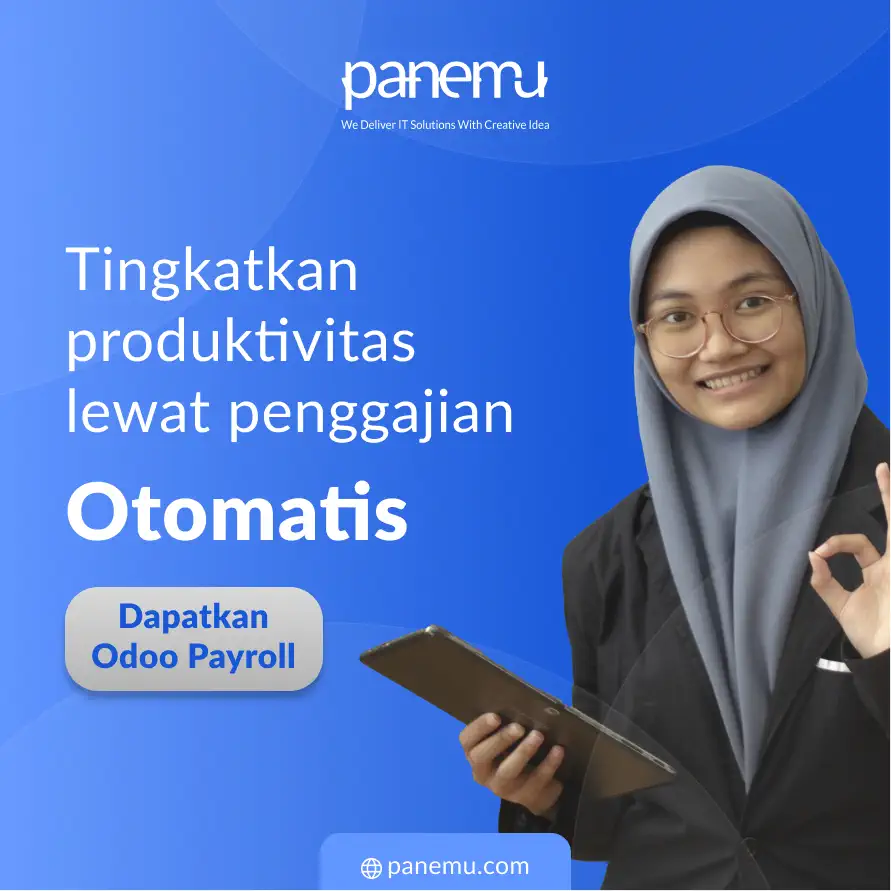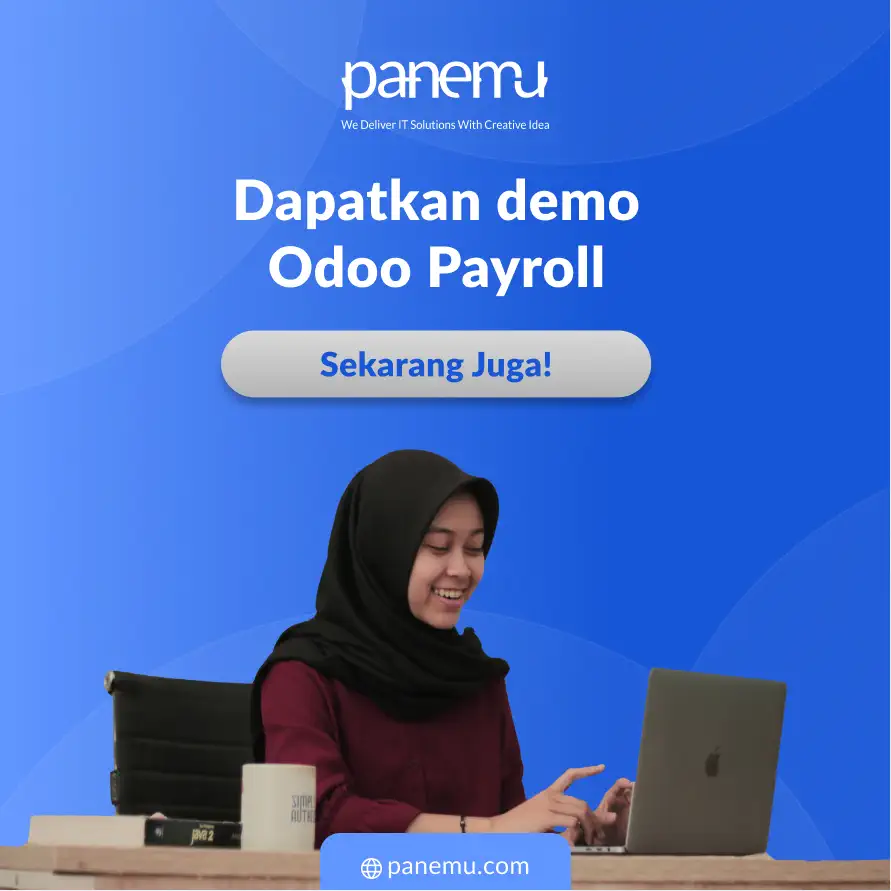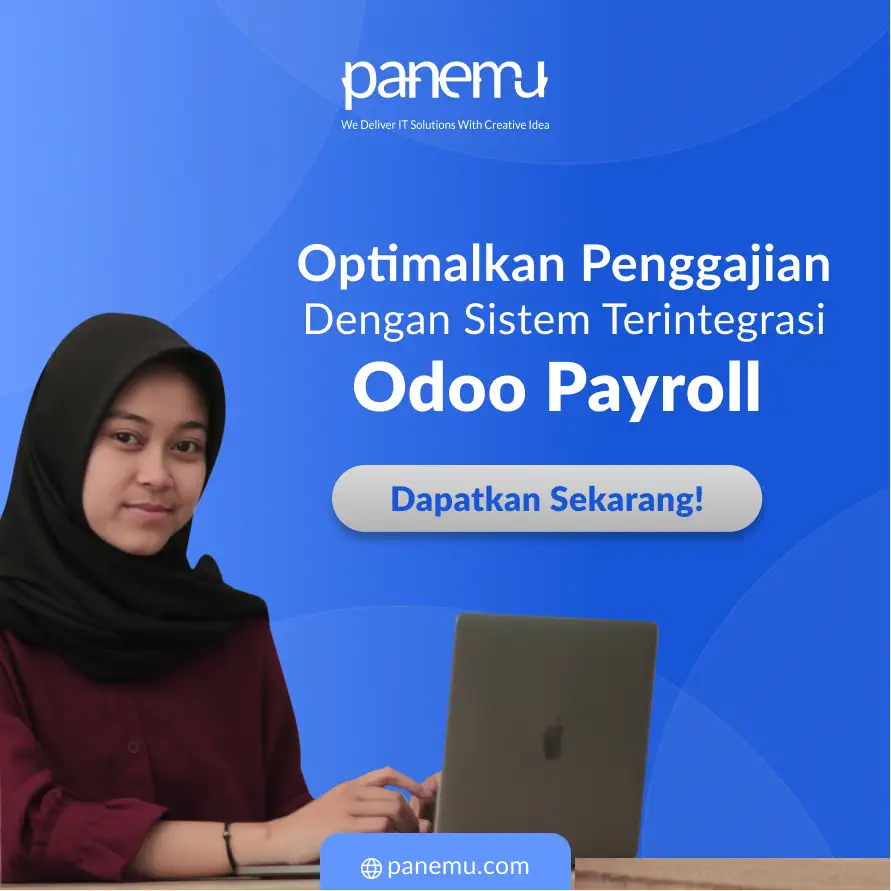In an era that is constantly changing and dynamic, management of human resources (HR) is becoming increasingly important in maintaining business continuity and success. For HR and HR development professionals, understanding key trends in dealing with modern challenges is a crucial step towards designing an effective strategy. Here are five major trends that will remain relevant.
1. The Dimension of Fast and Effective Training
The importance of prompt and effective training remains a relevant issue. Company leaders are increasingly demanding visible results from the training programs provided to employees. HR practitioners must be able to design training programs that have a positive impact in a short time, while still considering the readiness of existing employees and infrastructure.
Rapid changes in the business world require HR professionals to be creative in presenting fast and targeted learning. The application of innovative technologies and methods can help create effective training experiences, so that employees can apply their knowledge more quickly.
The importance of prompt and effective training reflects an evolution in the way companies view employee development. It is no longer enough just to provide long, time-consuming training, but now companies are more focused on results that can be obtained in a short time. This requires HR practitioners to design training programs that are more responsive to the needs of companies and employees.
In addition, the use of technology in training is increasingly dominating. Digital learning platforms, simulations and even virtual reality have become useful tools in delivering training materials. This technology not only accelerates learning but also enables more accurate measurement of employee progress.
2. Strategic Role in Business Transformation
Business transformation is increasingly common in this era, and HR's role in driving innovation is increasingly important. HR practitioners are not only responsible for managing employees, but also need to be catalysts for strategic changes that take companies forward.
The ability to integrate business goals with employee development is key to creating an innovative organizational culture. HR practitioners need to have deep insight into industry trends and business needs, so they can guide companies through successful transformations.
As business changes are accelerating, the role of HR in shaping an innovative organizational culture is becoming increasingly important. This culture allows companies to adapt to market changes and create new products and services that meet customer needs.
In addition, HR must also collaborate closely with other departments such as research and development and marketing. This collaboration enables the transfer of knowledge and ideas that can drive innovation. HR must also be the spokesperson for employees, ensuring that innovative ideas from the grassroots are also heard and implemented.
3. Must Adapt to Work Flexibility
A flexible work culture is essential in the modern era. Flexibility in working hours, the ability to work remotely, and hybrid working models have become the new standard. HR practitioners must be able to design policies that support a culture of flexible work while ensuring that productivity and collaboration are maintained.
When embracing a flexible work culture, the challenge lies in aligning policies with infrastructure and overcoming obstacles that may arise. HR practitioners need to collaborate with various departments to create an environment that supports work flexibility without sacrificing operational efficiency.
A flexible work culture not only benefits employees in terms of work-life balance, but also helps companies access talent from various locations. This can broaden the reach of recruiting and increase workplace diversity.
Also, HR practitioners need to understand that a flexible work culture is not just about allowing employees to work from home. It's also about creating an environment where employees feel they have some control over their time and where they work. Thus, companies need to provide tools and technologies that support remote collaboration and effective time management.
4. Learning in the Work Context
On-the-job learning or learning in a work context is a trend that will continue to be relevant. Formal education is no longer the only way to develop employee skills. HR practitioners need to design learning programs that can be applied directly in daily tasks.
Supporting learning in a work context requires collaboration between the HR department, management, and operational teams. The use of mentorship, real projects, and knowledge sharing can help employees continuously develop their skills.
Learning in a work context allows employees to hone their skills without leaving their jobs. It is also more relevant because the skills acquired directly can be applied immediately in their daily work.
In addition, learning in the context of work as well can strengthen team collaboration. By giving employees the opportunity to work on projects together, they can learn from one another and develop the collaborative skills that are so important in today's business environment.
5. The Importance of Continuous Skills Development
Rapid changes in the world of work require employees to continuously develop their skills. HR practitioners need to design skills development programs that can meet future needs. This involves identifying industry trends, analyzing employee needs, and designing a curriculum accordingly.
The challenge in continuous skills development is aligning programs with individual and organizational objectives. Ensuring that the skills developed are relevant and applicable to the employee's role is the key to success.
In the face of continuous change, continuous skills development is the way to ensure employees remain relevant and competitive. HR practitioners must have a deep understanding of industry trends and company needs to be able to design effective programs.
Read more important articles :
How to Adda Calendar View at Menus in Odoo How to Create Graph View in Odoo How to Calculate Employee Income Tax (PPh 21) B2B Marketing Strategy
Overcoming Challenges with Odoo HR Solutions
In facing the dynamics of human resource management in the modern era, companies need tools that can help them manage all aspects of HR efficiently. This is where the Odoo HR solution comes in. As the official partner of Odoo Indonesia, we, Panemu, provide integrated solutions to manage your human resources.
Odoo HR is a platform designed to address challenges in HR management. From training to skills development, Odoo HR can help you design and implement relevant and effective programs. With features such as performance tracking, absence management, and data analysis, you can make better informed decisions.
Not only that, Odoo HR can also help you manage a flexible work culture. With a powerful remote management module, you can ensure that your team stays connected and productive, even when working from different locations.
It's time to adapt to the latest trends in HR management. Contact us for more information on how Odoo HR can be the right solution for your company. By collaborating with us, you can ensure that your HR is ready for a future full of changes and opportunities.



